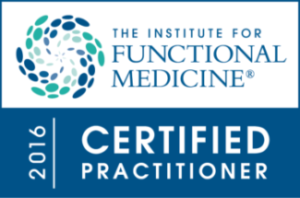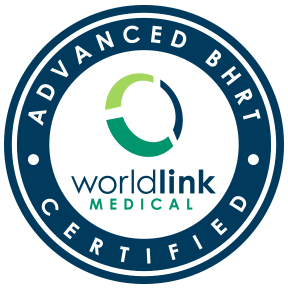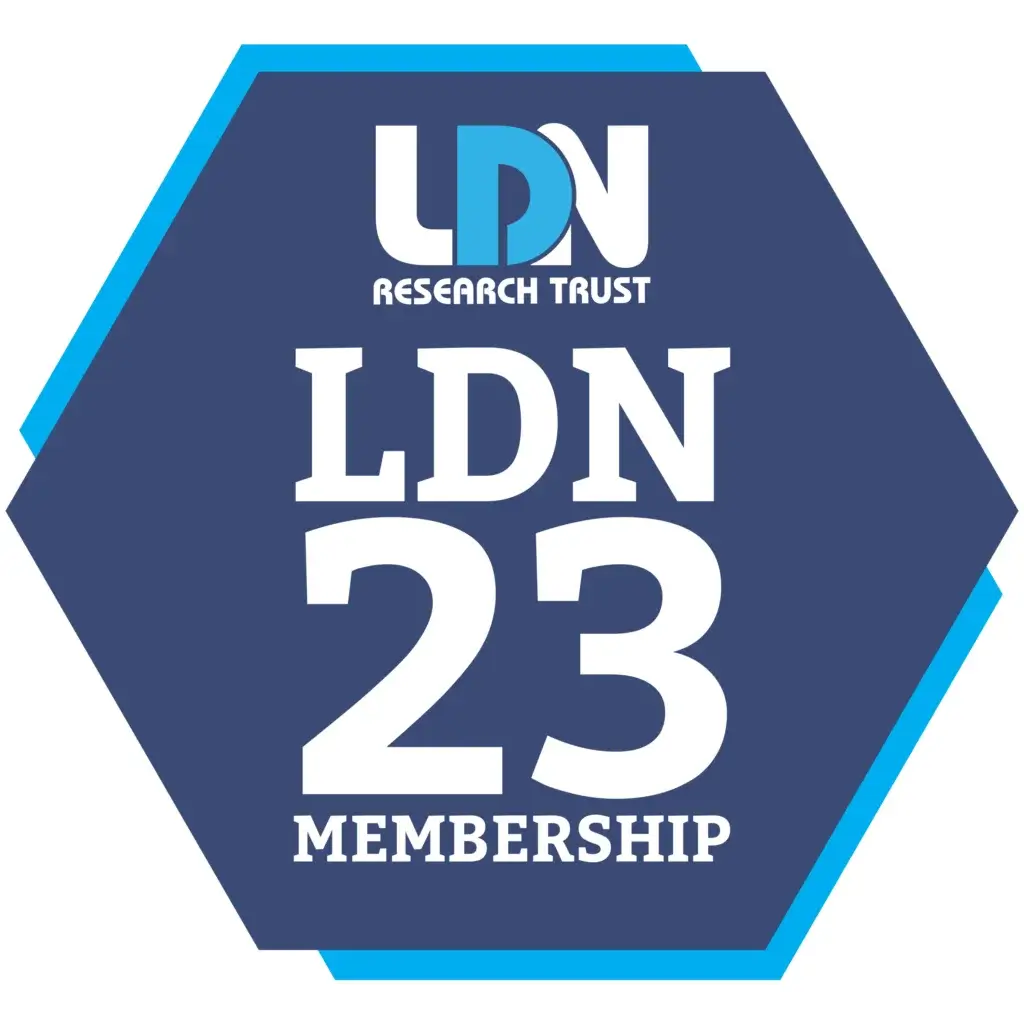Unfortunately, despite the positive scientific research studies that show that estrogen replacement is not associated with breast cancer, or its reoccurence, and despite the fact that so many women breast cancer survivors are needlessly suffering without estrogen, the current conventional letigious medicine scene, sadly, makes it impossible to help these women with estrogen replacement therapy.
In this issue of JAMA, it was proved that the only drug to decrease breast cancer mortality was estrogen. It was not a SERM or AI
Any association that may exist between hormone therapy and breast cancer appears to be rare and no greater than other medications commonly used in clinical medicine
Menopausal Hormone Therapy and Breast Cancer: What is the Evidence from Randomized Trials?
This study shows that supra physiological progesterone concentrations cause cell cycle retardation and induce apoptosis.
The risk of developing breast cancer due to taking hormone replacement therapy appears to be the same for women with a family history of the disease and without a family history; this study also refutes the notion, held by many in the medical community that a familial predisposition to breast cancer enhances the carcinogenic effects of estrogen; this study suggests that causal pathway based on family history is probably not estrogen sensitivity
HRT-Breast Cancer Risk Stays Same, Regardless of Family History
Among postmenopausal women with a BRCA1 mutation, hormone therapy use was not associated with increased risk of breast cancer; indeed, in this population, it was associated with a decreased risk
Hormone Therapy and Risk of Breast Cancer in BRCA I Mutations
Women who carry a mutation in the BRCA1 gene may opt to have their ovaries removed to lower their risk of developing breast cancer which induces menopause; the use of hormone therapy was associated with a 42% relative reduction in the risk of developing cancer
Hormone Therapy May Be Safe for Postmenopausal BRCA Mutation Carriers
WHI Updated Analysis: No Increased Risk of Breast Cancer With Estrogen Alone
Users of unopposed estrogen were at increased risk of breast cancer but only after longer-term use.
Unopposed Estrogen Therapy and the Risk of Invasive Breast Cancer
Treatment with CEE alone for 7.1 years does not increase breast cancer incidence in postmenopausal women
Even though it is accepted that women with breast cancer should not receive estrogen therapy, doubts have been expressed as to the validity of this policy; in recent years opposition to this practice has been voiced more adamantly. The average rate culmination from 11-case-controlled studies is 10.7% in estrogen treated patients vs 20.3% in their untreated counterparts.
In these selected patients ERT relieved estrogen deficiency symptoms and did not increase the rate or time to an ipsilateral recurrence/new primary, contralateral new primary, local-reional recurrence, or systemic metastases.
Estrogen Replacement Therapy in Breast Cancer Survivors: A Matched-Controlled Series
Most physicians believe that ERT is contraindicated once a patient is diagnosed with breast cancer that has been treated successfully. ERT apparently does not increase either the risk of recurrences or of death in patients with early breast cancer. These patients may be offered ERT.
Estrogen Replacement Therapy in Patients with Early Breast Cancer
This meta-analysis of observational studies found no increased risk of breast cancer recurrence and a statistically significant reduction in mortality for breast cancer survivors who take hormone replacement therapy compared with those who do not. There is no compelling evidence to support universal withholding of estrogen from well-informed women who have survived low-stage breast cancer and who suffer from symptomatic menopause.
ERT did not compromise disease free survival in select patients who were treated previously for localized reast carcinoma
HRT users had reduced risk of cancer recurrence…Risk [RR] 0.62…all-cause mortality (RR, 0.34)..reduced risk of death from primary tumor (RR, 0.32); HRT use for menopause symptoms by women treated for primary invasive breast cancer is not associated with an increased risk of breast cancer recurrence of shortened life expectancy
Hormone Replacement Therapy After a Diagnosis of Breast Cancer: Cancer Recurrence and Mortality
ERT is discouraged in breast cancer survivors because of concerns that hormones may reactivate the disease. Because ERT can improve quality of life and decrease morbidity from osteoporosois and cardiovascular disease, however, this policy is increasingly being challenged. Use of ERT in a cohort of breast cancer survivors with tumors of generally good prognosis was not associated with increased breast cancer events compared with non-ERT users, even over a long follow-up period.
Estrogen Replacement Therapy After Breast Cancer: A 12-year follow-up
We observed lower risk of recurrence and mortality in women who used HRT after breast cancer diagnosis than in women who did not; the results suggest that HRT after breast cancer has no adverse impact on recurrence and mortality
HRT is safe for survivors of early-stage breast cancer (Jancin, B. Family Practice News, 2001, June 1. There is no compelling reason to withhold HRT from survivors of early-stage breast cancer; the use of HRT in breast cancer survivors was associated with a non-significant trend toward a reduced risk of recurrence-and with a highly significant 69% reduction in all-cause mortality; this study debunks the widely held concern that HRT given to survivors might in effect be adding fuel to the fire for women who are already at high risk.
ERT does not seem to increase breast cancer events in this subset of patients previously treated.
ERT apparently does not increase either recurrences or mortality rates.
Estrogen Replacement Therapy in Women With Previous Breast Cancer
Breast cancer survivors did not have their outcomes adversely affected by ERT during an observation period of 24-44 months.
Announcing the Winner of the IJGO Prize Paper Award for 1999: ERT in Breast Cancer Survivors
These results demonstrate that progesterone at relative high physiological concentrations, but comparable to those seen in plasma during the last trimester of human pregnancy, exhibited a stron anti-proliferative effect on breast cancer cells and induced apoptosis.
ERT (estrogen replacement therapy) shows no risk in breast cancer surviors (Goldman, EL).
ERT does not increase breast cancer recurrence or mortality (Johnson, K., Family Practice News, 1999, May 15).
Increased E2 concentration increases the number of cycling epithelial cells; increased progesterone concentration significantly decreases the number of cycling epithelia cells; exposure to progesterone for 10 to 13 days reduces E2 induced proliferation of normal breast epithelia cells in vivo.
Women in the progesterone deficiency group had 5.4 times the risk of premenopausal breast cancer compared to women in the non-hormonal causes group; women in the progesterone deficiency group also experienced a 10-fold increase in deaths from all malignant neoplasms compared to the non-hormonal causes group.
Breast Cancer Incidence in Women With a History of Progesterone Deficiency




Treat the whole person, not just the symptoms. Look for the root cause, together. Give you what you need, and take away what you don’t to allow your body to heal itself: “Get Healed Naturally.” Let’s get you tuned up, feeling younger, healthier, happier, more alive and vital, and harmoniously dancing your way through life again.
© 2025 Vital Health Solutions, Vital Health Drips & Vital TRT are DBAs of HealthSteps Rx, Inc. All Rights Reserved.